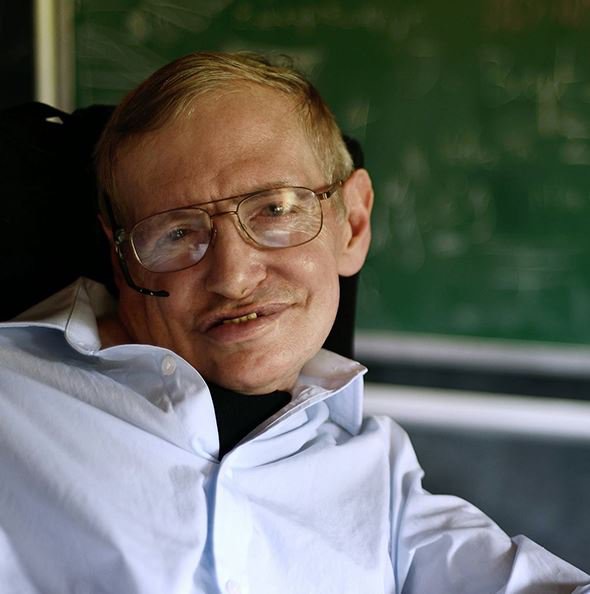A Brief History of Stephen Hawking

In the early morning of March 14, 2018, one of the most famous scientists and physicists to ever live, Stephen Hawking passed away. Hawking once said, “The greatest enemy of knowledge is not ignorance; it is the illusion of knowledge.” Hawking’s knowledge, however, was definitely not just an illusion; in fact, his scientific accomplishments will live on long after him, in both the memory of the world and the work of future scientists. With his recent passing, it would only be fitting for the Benet Herald to pay tribute to him with a brief biography of his life and some of his accomplishments that helped advance the field of science in many significant ways.
Stephen Hawking was born on January 8, 1942, and from a young age had a passion for math. He went on to attend Cambridge University, which, to his dismay, did not offer mathematics. He consequently decided to study physics, a decision that would change the course of not just his life, but the field of science itself forever. His extensive education and natural brilliance enabled him to develop theories building off of the work of another famous physicist, Albert Einstein. In short, Hawking theorized that the Earth does not have a definite beginning and end and is pocketed with black holes, regions of space with a gravitational force so strong that everything close to them, even light, will be pulled in and can never escape. Hawking also believed that these black holes emit a type of radiation that causes them to evaporate and disappear over time. These theories opened the door for a whirlwind of ideas about the relativity of time in the universe, which would become one of Hawking’s main focuses over the years. Hawking also wrote several books about his ideas, including A Brief History of Time. In this groundbreaking work, he discusses gravity, black holes, and the Big Bang, and, as during most of his career, he attempts to answer the questions of where the universe came from and when it will end.
Not only was he an incredibly talented scientist, but Hawking also beat the odds against the neuron disease, Amyotrophic Lateral Sclerosis, better known as ALS, for nearly half a century. Although he suffered from ALS and was only given two years to live at the age of twenty-one, he went on to live for another fifty years. He had to use a wheelchair and machinery to speak, but he still managed to give many speeches that helped the ordinary person understand his theories. His triumphs in light of his disease are made even more incredible because he changed the course of modern science during a time when he was not even supposed to be alive.
When Hawking sadly passed away at the age of seventy-six, he left behind three children: Robert, Lucy, and Timothy Hawking. Like many great men, though, Hawking will never truly die; he will always be remembered for his lasting mark on the world of science.








